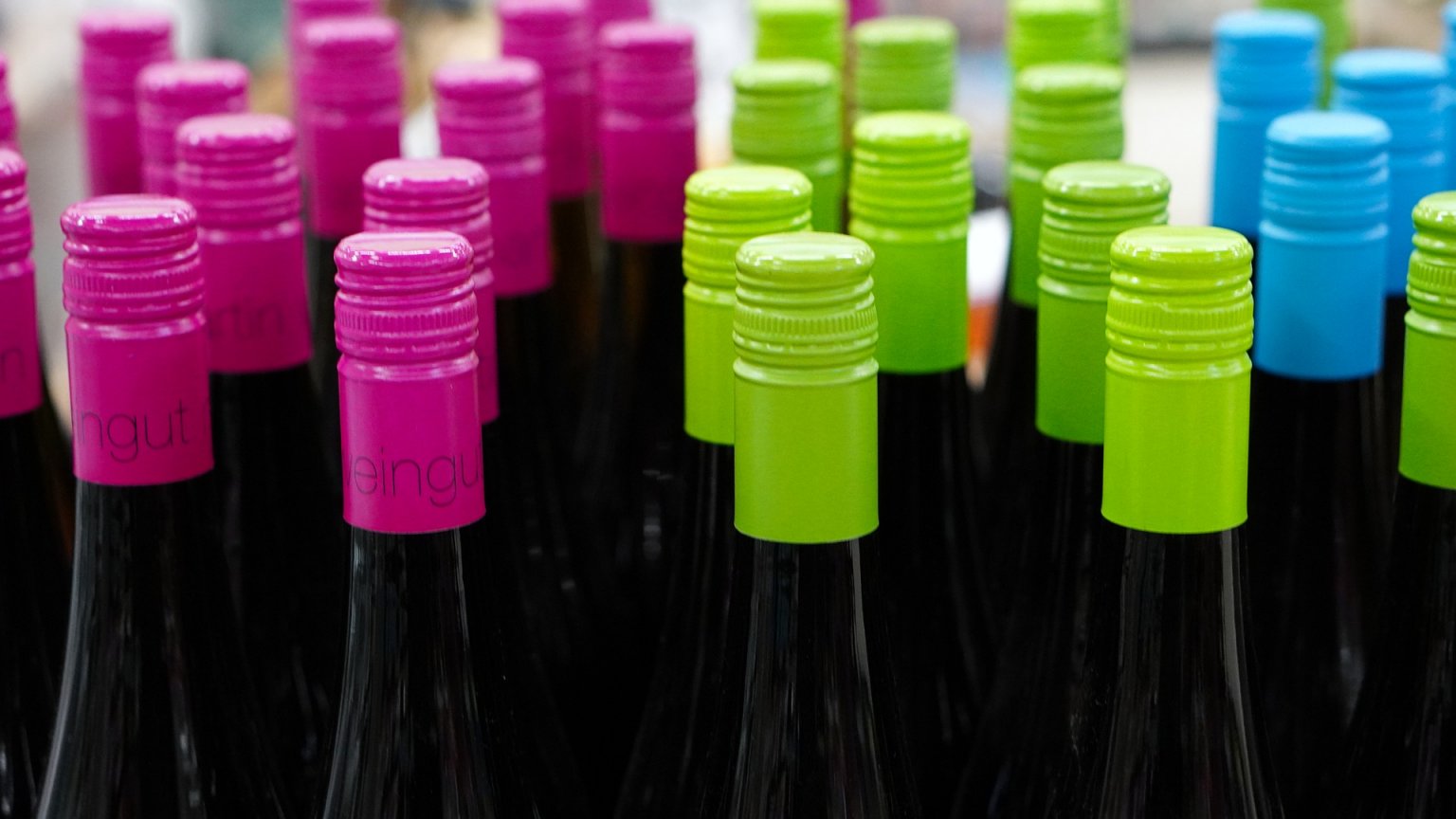
Georgians should soon be able to order beer, wine, and liquor and have it delivered to their doorstep thanks to a law signed by Gov. Brian Kemp Monday that allows bars, restaurants, and grocery stores to bring alcohol to customers.
The governor signed the law as COVID-19 continues to prompt more shoppers to order their groceries online, but having a cold beer, bottle of wine, or handle of liquor dropped off at your home will be slightly more complicated than ordering milk and bread.
Customers will need to create an account with the store and show their ID on delivery to prove they are of legal age to buy alcohol. Drivers are not supposed to make a delivery if the customer is not present, is visibly intoxicated or without identification. A business that fails to meet the requirements could face a fine of up to $500 and a 30-day suspension.
Businesses that deliver alcohol will be subject to the same local laws as those that sell it in-store, including restrictions on Sunday sales before 12:30 p.m., and local government officials can ban alcohol deliveries in their jurisdictions.
The legislation was introduced in February – before COVID-19 was detected in Georgia – and passed the House in March, days before the session was suspended because of the pandemic. Legislators returned in June after months of lockdown and social distancing, and the bill’s supporters in the Senate touted the plan as both a safer way to sell alcohol and a stimulus for businesses suffering from a lack of dine-in customers.
“During this COVID, a lot of people have been getting their groceries, delivered, and they’re like, ‘Hey, if we’re not going out to get exposed, why not get our beer and wine delivered too?” said Athens Republican Sen. Bill Cowsert during the Senate debate.
Georgia’s alcoholic beverage industry has welcomed the new law.
“House Bill 879 is a great example of how Georgia’s regulatory system allows for increased consumer choice while providing local businesses with the opportunity to grow and flourish,” said executive director of the Wine and Spirits Wholesalers of Georgia, K.C. Honeyman. “Without leaving their homes, Georgians can now safely purchase products from their favorite locally licensed retailers.”
But not everyone is toasting the change. The Georgia Baptist Convention opposed the measure because increasing the availability of alcohol also increases the possibilities of unintended consequences such as drunk driving and addiction, said spokesman Mike Griffin.
“This is not Coca-Cola, you’re not ordering a Diet Pepsi, this is alcohol,” he said. “In some places, it’s been seen as the No. 1 drug abuse problem in America. This is not like having milk and eggs delivered to your house. We’re not saying totally prohibit alcohol, but we don’t need any more access. We already have the availability out there. If we increase that, it simply makes it more dangerous.”
The Georgia Baptist Mission Board lobbied unsuccessfully for some additional restrictions, including exclusively allowing beer and wine rather than liquor and making the legislation opt-in for cities rather than opt-out.
The new law directs the state revenue department to create a system for approving the licenses by Jan. 1.







